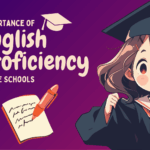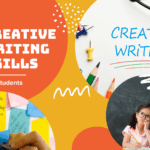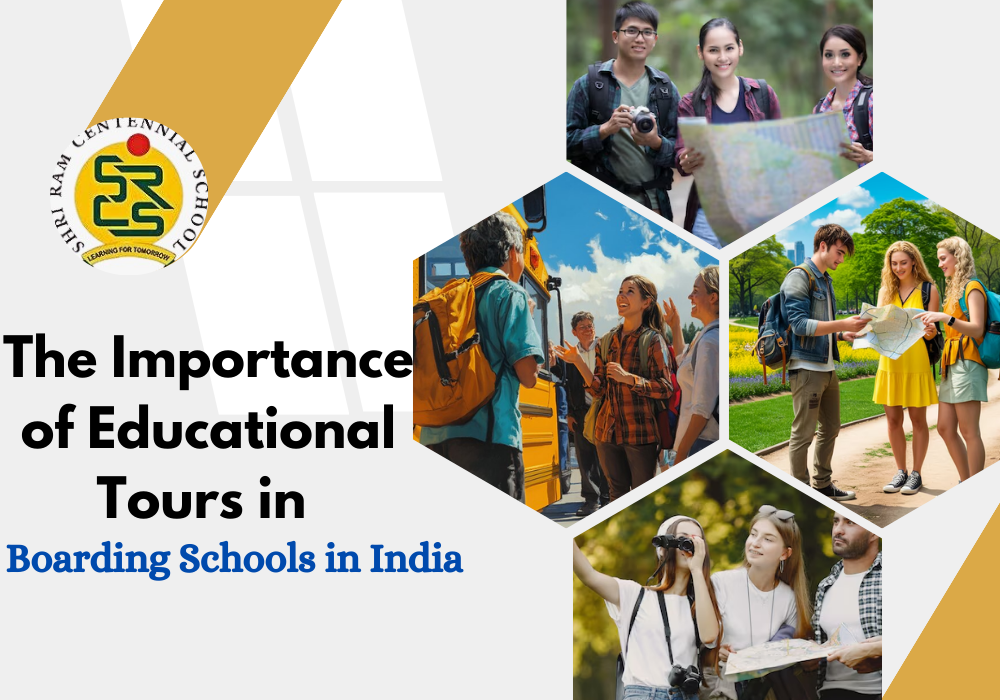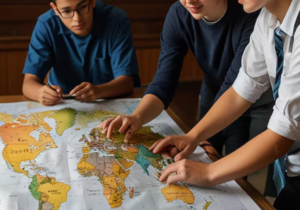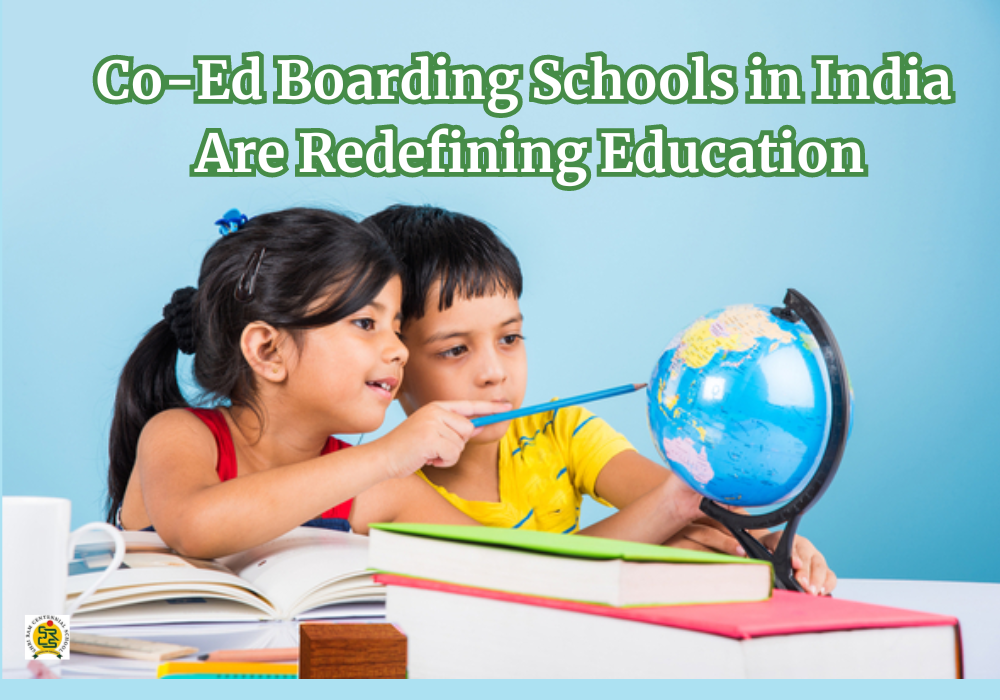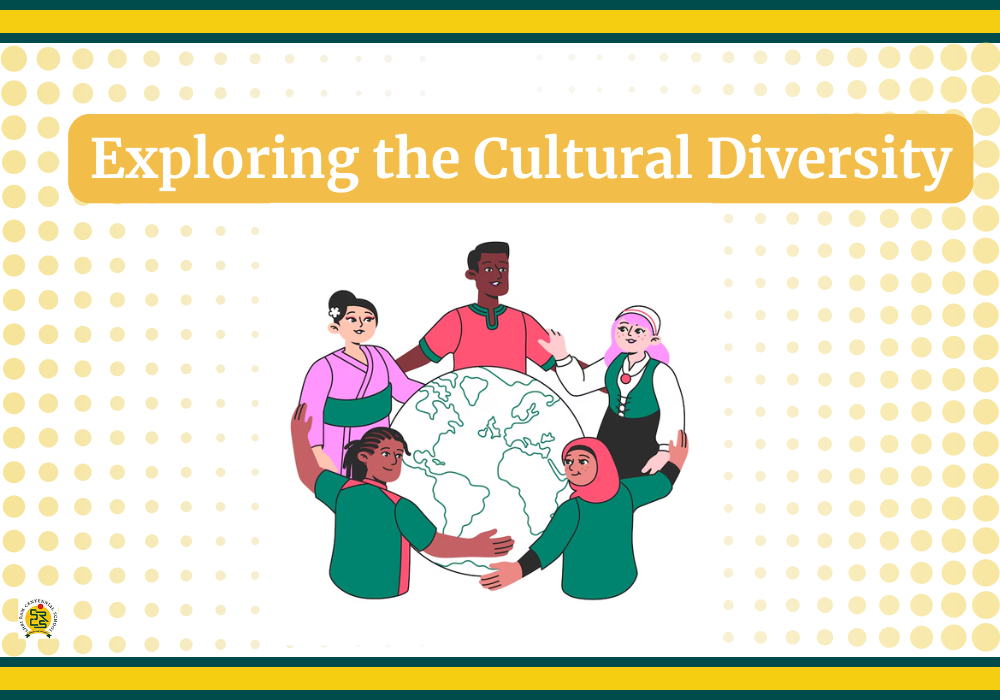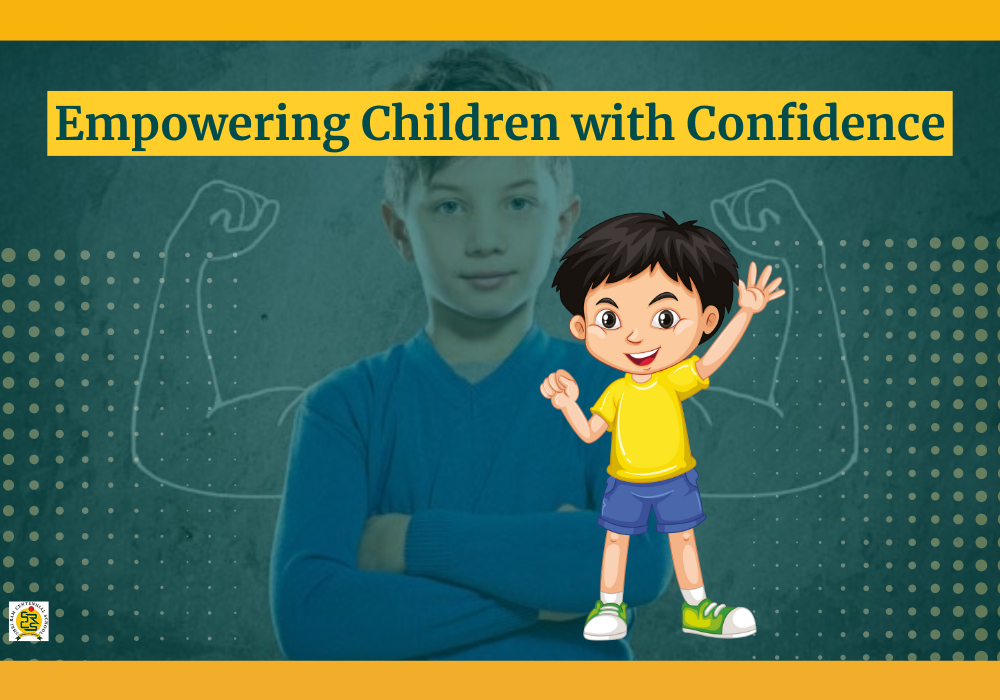As the world becomes increasingly interconnected, the importance of experiential learning cannot be overstated.
Educational tours, an integral part of boarding schools in India, offer students a unique opportunity to explore, discover, and learn beyond the confines of their classrooms.
These tours are designed to foster personal growth, bridge theory with practice, and develop essential life skills, providing a well-rounded education for students.
What are Educational Tours?
Educational tours are well-organized excursions that combine learning with travel.
These tours allow students to gain hands-on experience and witness real-world applications of the theories they study in their classrooms.
Whether it’s visiting historical sites, engaging in scientific expeditions, or exploring industrial hubs, educational tours offer an immersive learning experience.
Such trips encourage students to absorb knowledge through direct exposure, offering them an opportunity to explore new environments and perspectives, far from traditional textbooks.
The Significance of Educational Tours in Boarding Schools
Boarding schools in India place a strong emphasis on educational tours as part of their curriculum.
These schools understand that learning extends beyond textbooks and the classroom, incorporating educational tours as a tool to nurture students’ intellectual and personal development.
Here’s how these tours benefit students:
Bridging the Gap Between Theory and Practice
One of the primary advantages of educational tours is their ability to connect theoretical knowledge to practical experiences.
For example, a history student learning about ancient civilizations can visit historical sites and monuments, experiencing the subject matter firsthand.
This not only makes learning more engaging but also helps students retain information better.
- Real-life Application: Students get to see the real-world application of what they learn in the classroom.
- Enhanced Engagement: Experiencing concepts tangibly increases curiosity and understanding.
Developing Critical Thinking and Problem-Solving Skills
During educational tours, students are exposed to new situations that encourage observation, analysis, and reflection.
These experiences enhance their critical thinking abilities and encourage them to solve problems creatively, making them more adept at navigating both academic and real-life challenges.
- Complex Problem-Solving: Students analyze situations and find creative solutions.
- Decision Making: Exposure to real-world challenges improves decision-making skills.
Fostering Curiosity and Creativity
Exploring new places and interacting with different cultures and environments sparks curiosity in students.
Educational tours encourage them to ask questions, think critically, and seek innovative solutions, which helps in fostering creativity.
- Inquisitiveness: These tours ignite a love for learning and exploration.
- Innovation: Being in diverse settings promotes out-of-the-box thinking.
Building Confidence and Teamwork
Navigating unfamiliar places and experiences requires collaboration and communication among students.
Educational tours promote teamwork, leadership, and the development of interpersonal skills.
They provide students with opportunities to step out of their comfort zones, thereby boosting their confidence and fostering a sense of responsibility.
- Team Collaboration: Students learn to work in groups, improving their teamwork skills.
- Confidence Building: Overcoming new challenges in unfamiliar environments builds self-esteem.
Benefits of Educational Tours for Students
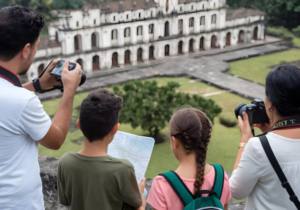
Educational tours provide numerous benefits to students that go beyond classroom learning. Some of the key advantages include:
- Enhanced Retention: Learning through experience leads to better retention of knowledge.
- Improved Understanding: Complex concepts become clearer when students witness real-world applications.
- Life Skills Development: Students learn critical life skills such as time management, adaptability, and self-reliance.
- Networking Opportunities: Interacting with professionals and industry experts expands students’ networks and broadens their horizons.
- Personal Growth: Exposure to new cultures and environments fosters empathy, cultural awareness, and a broader worldview.
Types of Educational Tours in Boarding Schools
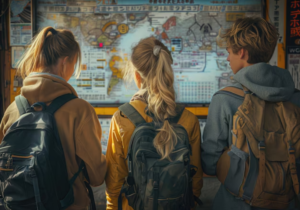
Boarding schools in India offer a variety of educational tours, catering to different subjects and learning outcomes. Some of the most common types include:
Historical Tours
Students visit heritage sites, museums, and historical landmarks, where they can connect classroom lessons with real historical contexts.
This enhances their understanding of cultural and historical events.
- Examples: Trips to the Taj Mahal, Jaipur forts, or other significant landmarks.
Scientific Expeditions
Scientific expeditions allow students to visit research centers, national parks, and science museums.
These tours provide hands-on learning in fields like biology, chemistry, and environmental science.
- Examples: Visits to science museums, wildlife reserves, or space research organizations.
Industrial Visits
Students visit factories, corporate offices, or manufacturing plants to observe industrial processes and understand how businesses operate.
These tours provide valuable insights into industries like technology, engineering, or finance.
- Examples: Industrial tours of Tata Steel plants, IT companies, or automobile factories.
Community Service Tours
Some schools offer tours that focus on community service and social responsibility.
Students volunteer or participate in outreach programs, developing a sense of empathy and giving back to society.
- Examples: Participating in clean-up drives, rural outreach programs, or visiting orphanages.
Best Practices for Effective Educational Tours
To maximize the benefits of educational tours, it is essential to follow certain best practices:
- Pre-Tour Preparation: Students should be briefed on the objectives, safety protocols, and learning outcomes before embarking on the tour.
- Expert Guidance: It is crucial to have experienced teachers or industry professionals guide the students during the tour to ensure they gain the most from the experience.
- Debriefing and Reflection: Post-tour discussions and reflections help reinforce learning and enable students to process their experiences.
Overcoming Challenges in Organizing Educational Tours
Although educational tours offer immense value, organizing them can present challenges. Schools and parents should work together to address these issues.
- Logistics: Schools should partner with reputable travel agencies to handle transportation and accommodations.
- Safety Concerns: Conduct thorough risk assessments and ensure that safety protocols are in place.
- Budget Constraints: Schools can explore sponsorship opportunities or opt for budget-friendly destinations to keep costs manageable.
Conclusion
In conclusion, educational tours are a vital component of experiential learning, especially in Boarding schools in India.
These tours help students bridge the gap between theory and practice, foster critical thinking, and develop life skills that go beyond academics.
By embracing the power of educational tours, schools unlock new dimensions of learning, empowering students to become confident, curious, and compassionate individuals ready to take on the world.
For both students and parents, the benefits of educational tours are undeniable, offering lasting educational and personal growth.




